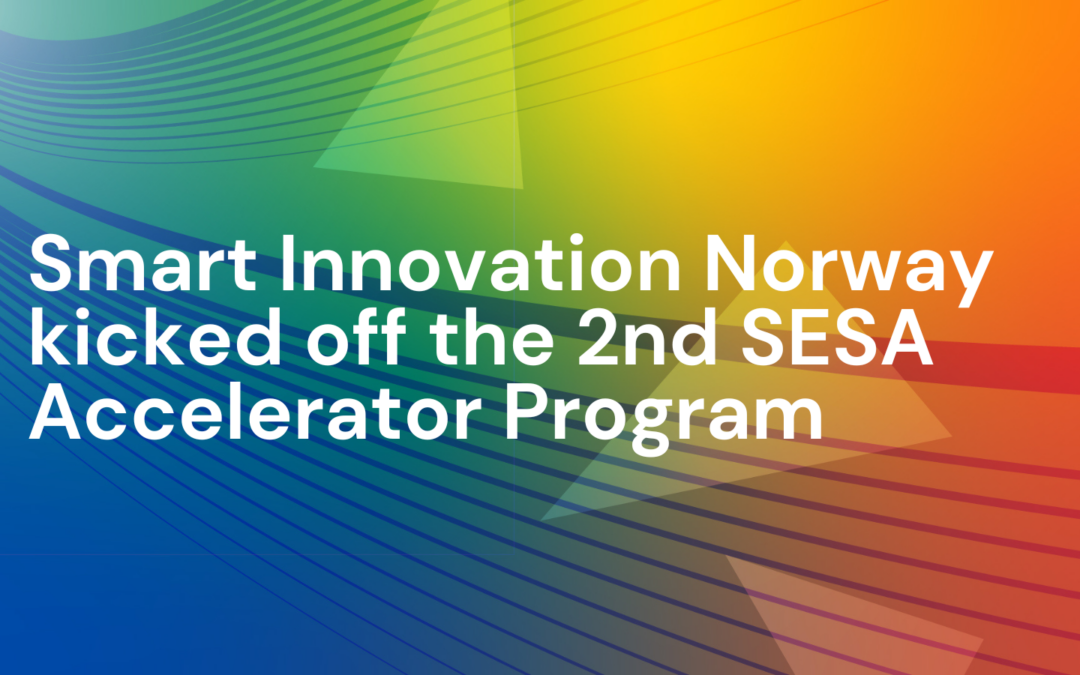
Smart Innovation Norway (SIN) kicked off the 2nd SESA Accelerator Program for ten SMEs selected under SESA’s 2nd Call for Entrepreneurs 2023
Following the SESA project’s 2nd SESA Call for Entrepreneurs 2023, ten ventures have been selected to join the SESA Accelerator Program organised by Smart Innovation Norway (SIN). The companies include:
- SimuSolar, Tanzania
- SLS Energy, Rwanda
- ECOGREEN, Rwanda
- Havenhill Synergy Ltd., Nigeria
- POWERSTOVE, Nigeria
- Ohengo Investments, Namibia
- DRITOVEN Engineering, Namibia
- Cool Lions, Cote D’Ivoire
- Germark Holdings, Tanzania
- DeOlivette, Nigeria
The 6-week programme will run from 8th March 2024 to 11th April 2024 and will focus on replication potentials, growth strategies and scaling. The Accelerator program will be supported by experienced SIN mentors and international guest speakers and cover several relevant topics below.

Quotes from the SESA-Project members:
“This Accelerator Program allows SMEs not only to exchange and share experiences but most of all, it provides practical tips on how companies can progress and grow their businesses smartly.”
– Magdalena Sikorowska (SESA Project Coordinator)
“The SESA Accelerator Program is a unique opportunity for SMEs to learn from each other and from experienced mentors and speakers. I’m looking forward to seeing how the SMEs will apply the knowledge and tools they will acquire during the program to their business models and strategies.”
– Mikael Melitshenko (Incubator/Accelerator Program Developer)
‘’To have a sustainable business model, learning from best practices and a structured incubator and accelerator program is crucial. SESA perfectly addresses this through dedicated tasks and activities that combine technical requirements and business models with a higher replication potential.’’
– Dr. Alemu Belay (Work Package leader)






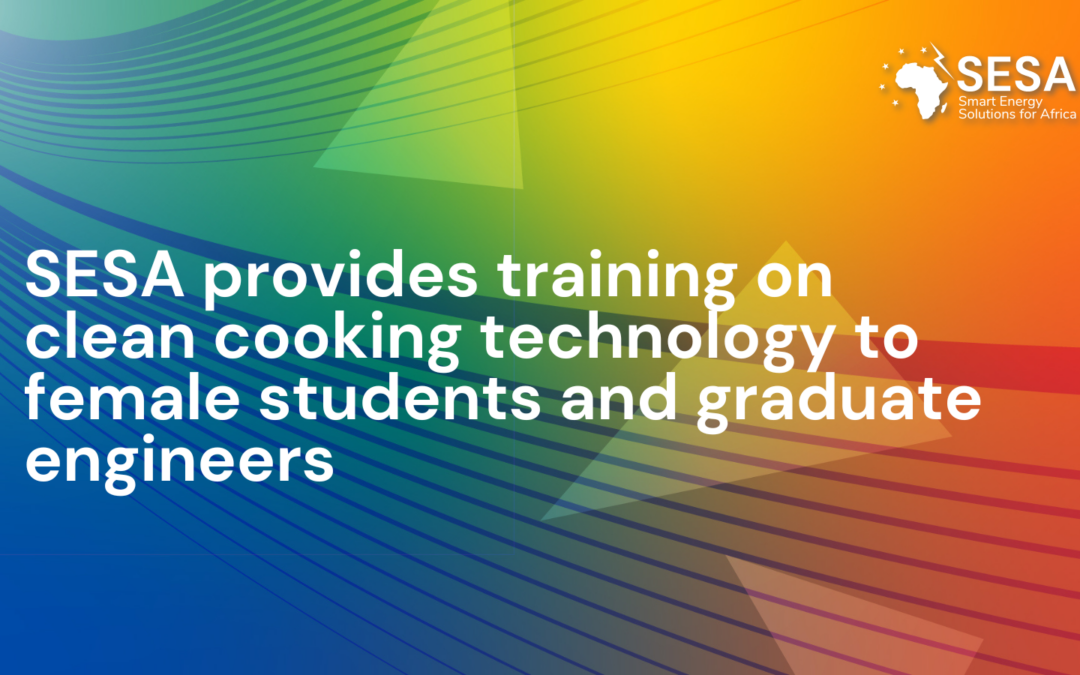
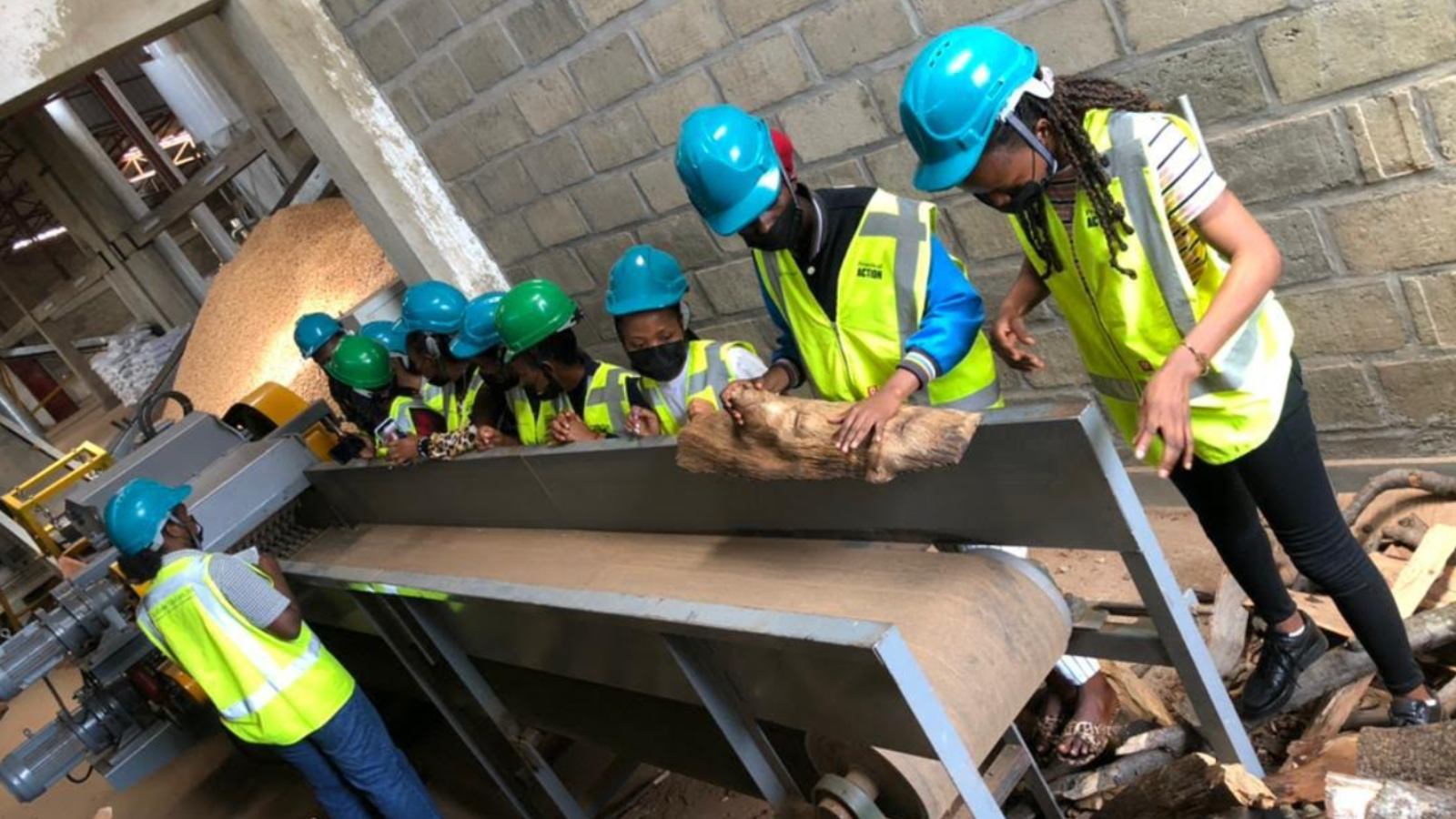

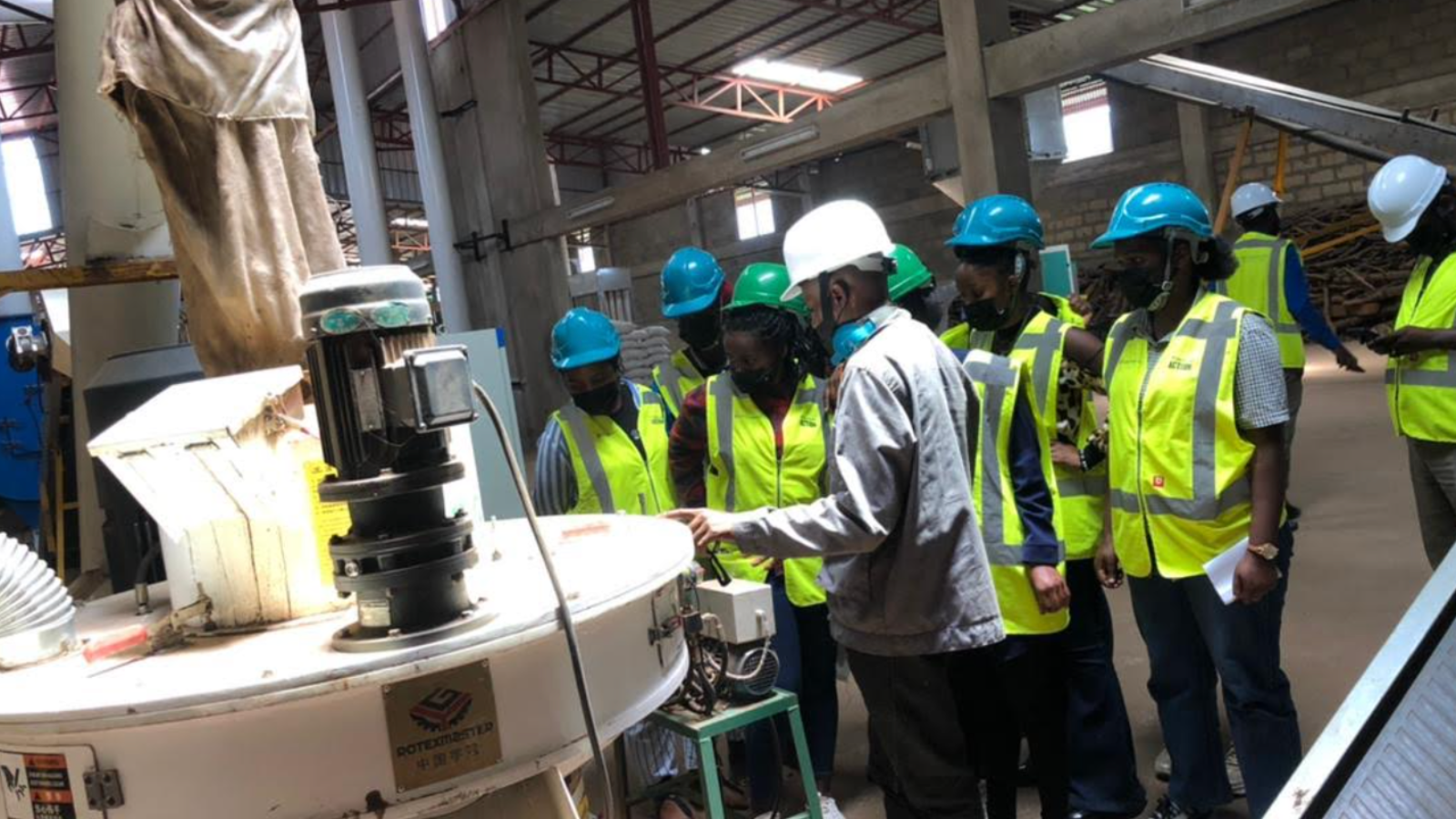
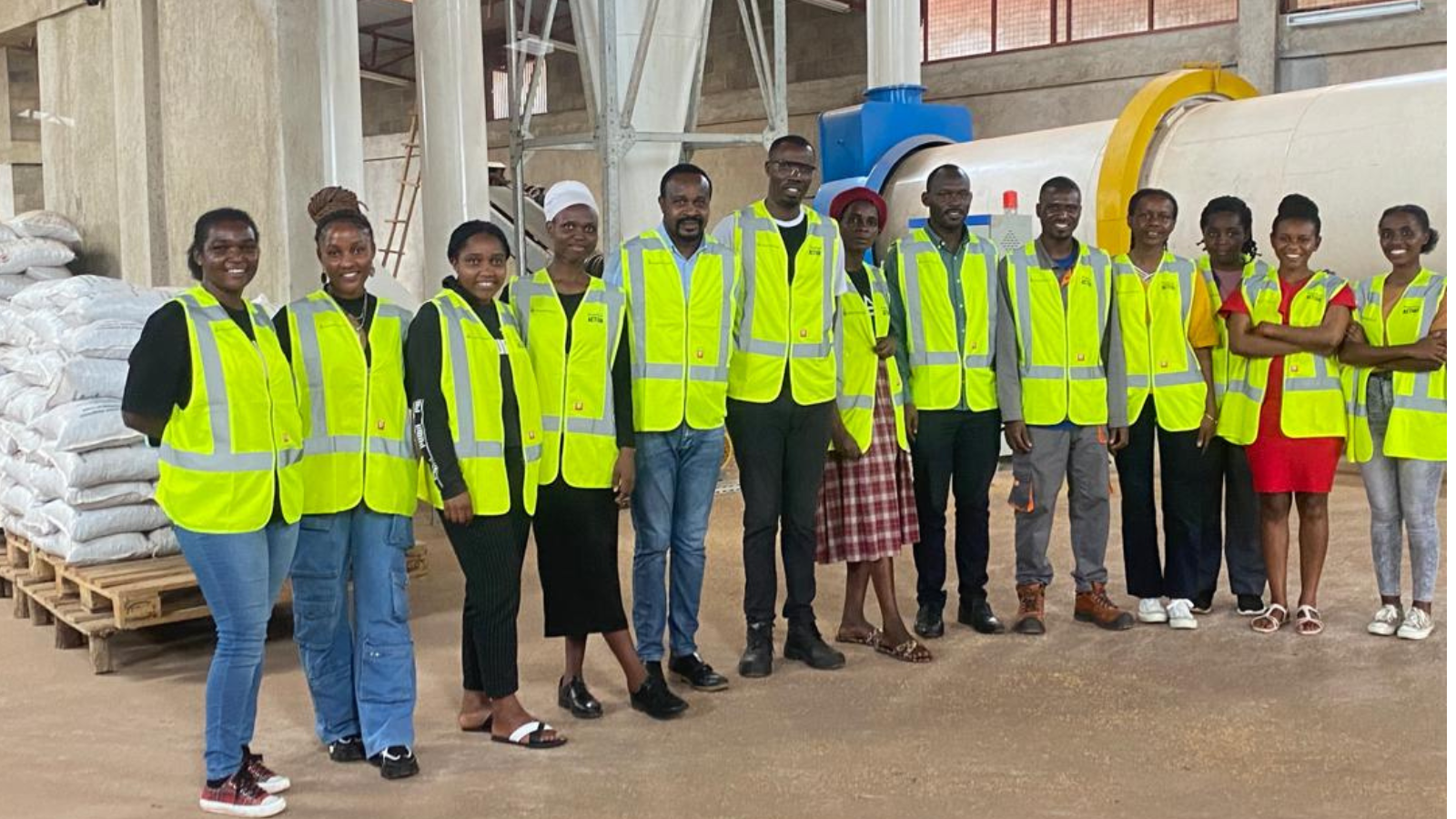
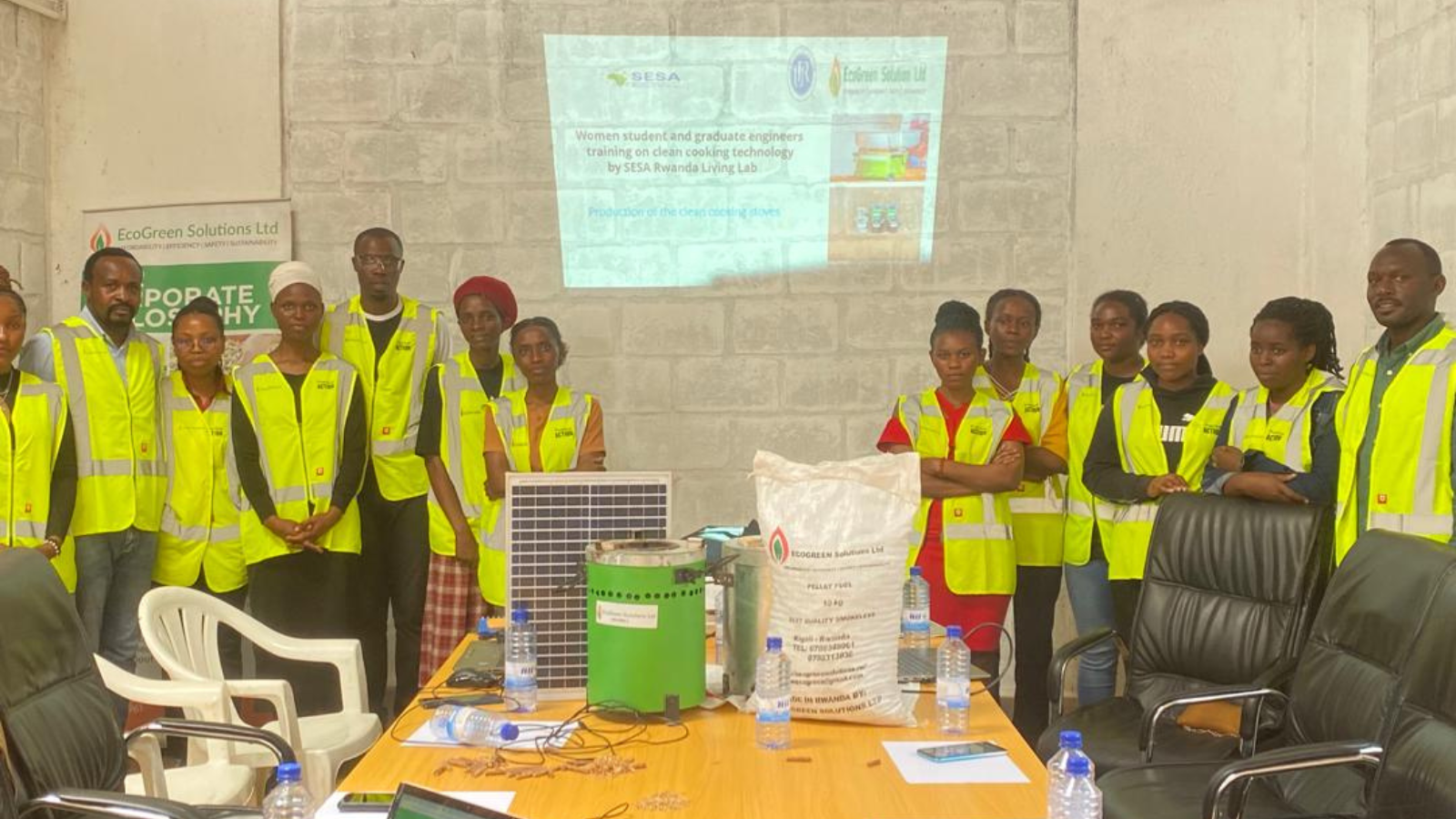
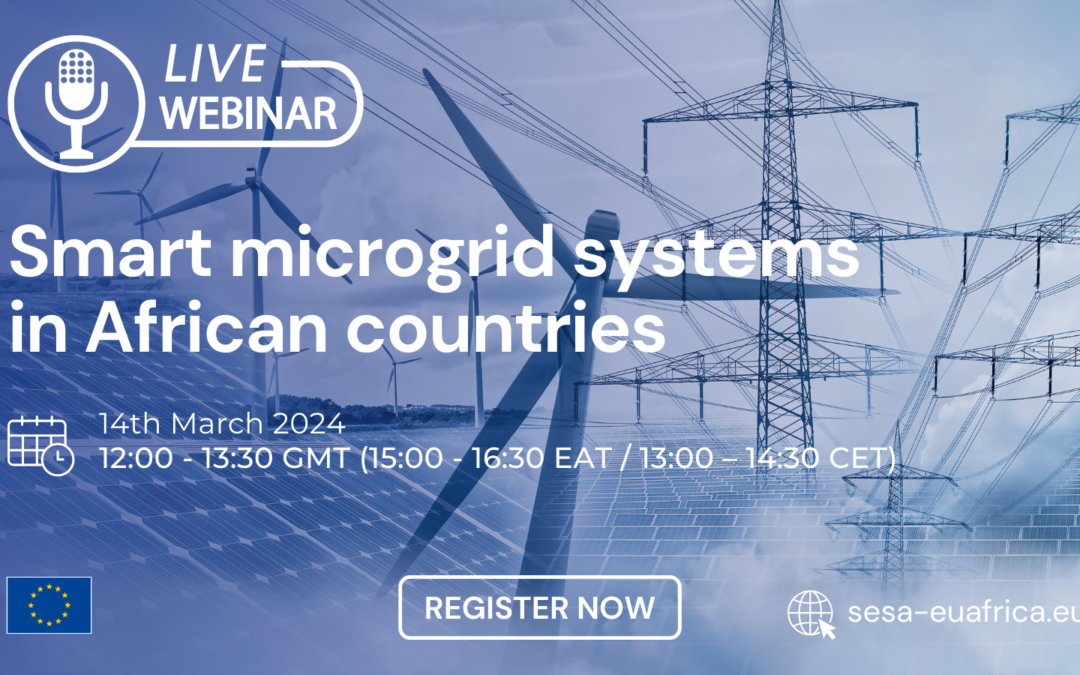

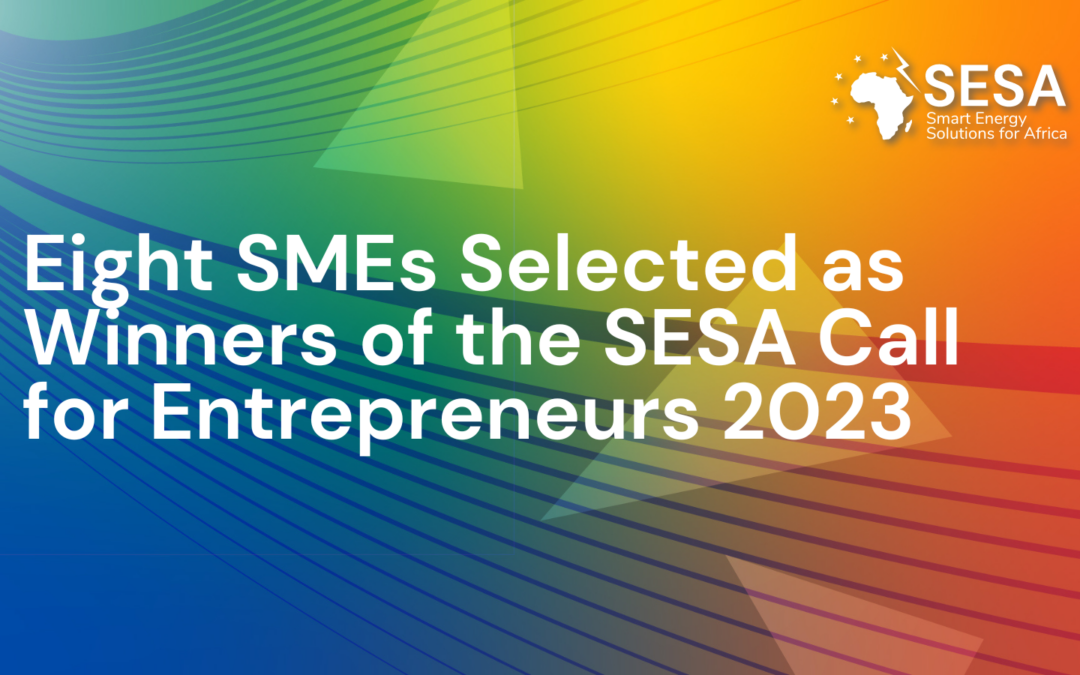
Recent Comments